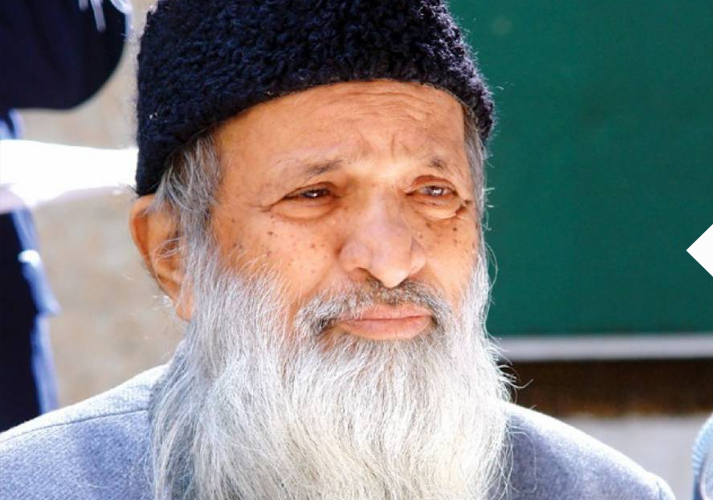Zakat is the specific amount of money that every adult, mentally stable, free, and financially able Muslim, male and female, has to pay to support specific categories of people once a year.
Sadaqah is a virtuous deed in Islam. Sadaqah is not only giving part of our wealth or material possessions but any special deed of righteousness — all good deeds are considered as sadaqah in Islam.
Read More
If anyone does not fast some days during Ramadan, it is obligatory to make up these missed fasts before the next Ramadan arrives. If one does not make them up before the next Ramadan, one is sinful and must pay a measured amount called “Fidyah.”
Read More
Fitrana is a donation that must be given before Eid-ul-Fitr prayer to the needy people. Fitrana must also be given by every self-supporting adult Muslim who has food in excess of their needs, on behalf of themselves and their dependents.
Read More
Serving Humanity is the Spirit of All Religions
Problems faced by the developed and the developing countries in the area of welfare services demand radically different approaches. Whereas, the developed countries are putting the responsibility primarily on the government, the developing countries are struggling to mobilise their own resources or look for foreign assistance for this purpose.
Edhi foundation is run entirely with the help of volunteers. There are round six thousand volunteers, comprising of zonal heads, workers at several Edhi Homes, clerks at Edhi Centers, workers at maternity homes and ambulance drivers.
Voluntary donation from individuals ranging from Rs. 5 to many hundreds of thousand of rupees, support the foundation’s activities, the emphasis is on individuals social masses contribution are also made in form of food, clothing medicines and animal hides.
Management of all funds is centralized and remains in the exclusive controls of Edhi with his son Faisal Edhi and Daughter Kubra Edhi who are personally involved in all operations of the foundation. They are also responsible national and international fund-raising.

Please visit at https://edhina.org/
Please visit at https://edhiuk.org/
Abdul Sattar Edhi was born in 1928 in a small village of Bantva near Joona Garh, Gujrat (India). The seeds of compassion for the suffering humanity were sown in his soul by his mother’s infirmity. When Edhi was at the tender age of eleven, his mother became paralysed and later got mentally ill. Young Abdul Sattar devoted himself for looking after all her needs; cleaning, bathing, changing clothes and feeding. This proved to be a loosing battle against the disease, and her helplessness increased over the years.
